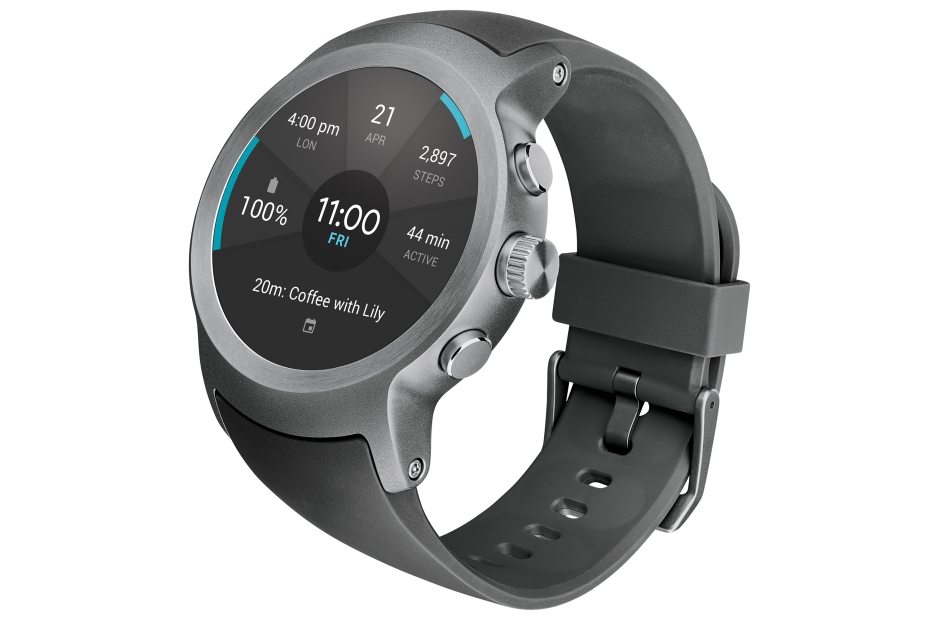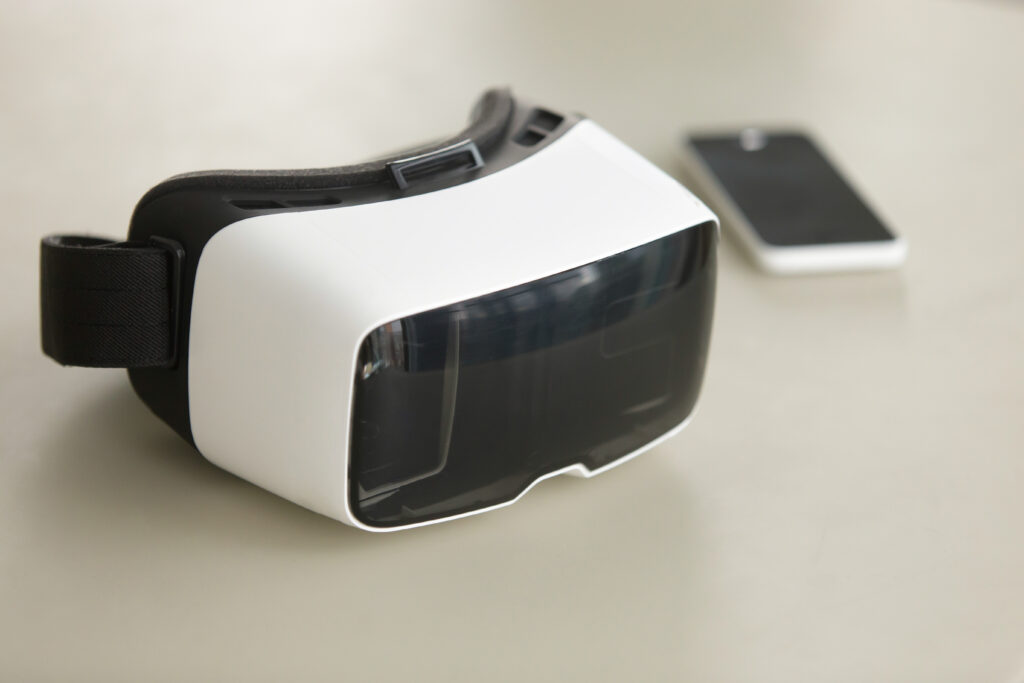I look at the success of the iPod and the lack of success for the Apple Watch, which remains the most successful in segment, and it seems pretty clear why this class of product is languishing. The key teachings that Steve Jobs and the market learned from the iPod have apparently been forgotten. But, with products like the LG Watch Sport the market may finally be coming around to a winner.
With Mobil World Congress starting next week let’s look back at the iPod and ahead to more watches like the LG Watch Sport and talk about why these new smartwatches might make a difference.
iPod 1 vs. iPod 3
What people often forget is that the first-generation iPod was actually a failure. We captured that Apple did sell an impressive number of them but we didn’t talk about the fact that the majority of the ones bought in the fourth quarter of that first year were returned. This is because the first generation only worked with Apple computers and 95 percent of the market was using Windows PCs. Most of the folks getting those first iPods couldn’t use them, so they came back.
The iPod 3 finally got iTunes on both Apple and Windows PCs and then Apple not only sold a ton of the things—virtually none of them came back and the product was a true break out hit. What made the iPod great in general though is it did one thing really well, it played music. It didn’t run tons of apps, it didn’t try to be a PC, it just played music really well, it played it away from your PC, and Apple sold a ton of them.
The Apple Watch
Other than screwing up the name the Apple Watch is more like a tiny connected iPad. To get any real benefit from the thing it has be used in conjunction with an iPhone, won’t work with Android, and it really isn’t a great watch (which, given the name, is kind of problematic). Yes, if you can see the icons you can run apps and some are useful but it breaks pretty much every aspect of the iPod model including focus.
The LG Watch Sport
Now the LG Watch Sport is one of the first of a new class of LTE-based, relatively small (as in it doesn’t look like you tied an iPad to your wrist) smartwatches. It has built in cell phone capability so you can use it with an iPhone or an Android phone, but you don’t need either of them. It works just fine all by itself which is pretty handy if you like outdoor activities. It is a decent watch and it even looks like a watch so you can quickly get time and date, it replaces your activity tracker (Fitbit, etc.) and tracks your steps. In addition, it can show dual time zones and give you your appointments, inbound and outbound calls (it uses your existing cell phone number), and functions as a limited smartphone. Oh, and it also does most everything an iPod did and can run streaming music clients so you can be entertained while you are running or bike riding (it supports a Bluetooth headset).
Oh, and if you misplace your smartphone it can help you track it down which, admittedly, is one of the handiest features it has—and because it doesn’t need to actually connect to the phone to do this, its range is far greater than your typical tablet app. Finally, it has wireless charging which is so much better than trying to fit this thing into a more typical charging cradle.
Wrapping Up
The iPod set the bar for what a successful new consumer product in this category needs to be. It needs to work independently, it needs to have a strong core skill, and it needs to interoperate with all of the major platforms. The Apple Watch—and frankly most smartwatches—miss on at least one of these points and this isn’t multiple choice. You need all capabilities to even have the hope of being a break out product like the iPod was.
Sadly, the Apple Watch doesn’t make the grade, but the LG Watch Sport may. Now if it just had a decent marketing program and worked on more networks (like T-Mobile) so people could be made to understand why they want it and use it on their carrier of choice. Neither has happened yet, so even the LG Watch Sport may not yet reach its full potential.
Still we are slowly getting closer, it just seems to me that with the iPod example, we should have been able to get to a hit product far more quickly.




Comments are closed.